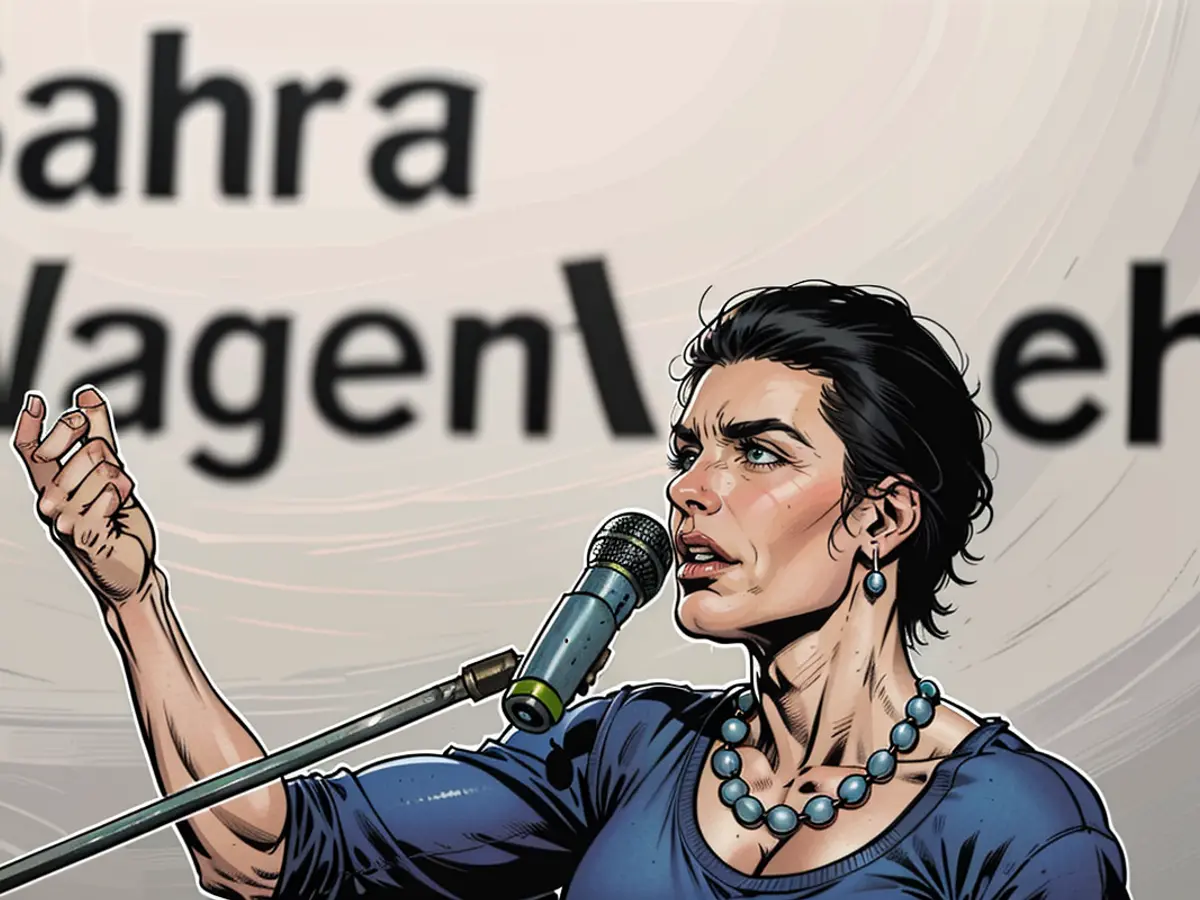Eastern voters have a higher tendency to function as political onlookers.
The ongoing success of AfD and BSW in East Germany continues to leave many puzzled. According to the Federal Government's Commissioner for East Germany, Carsten Schneider, this can be attributed to the public's lesser involvement in political parties due to adverse experiences during DDR times. Voters tend to observe elections passively instead of actively engaging.
Prior to the state elections in Saxony and Thuringia, Schneider expressed concern about this low political engagement as a potential reason for the high public approval ratings for AfD and BSW. He mentioned that many East Germans have no acquaintances associated with political parties.
Due to negative experiences under the DDR, people often act as passive observers during elections, Schneider reported to Deutschlandfunk. They cast their ballots, but they rarely engage in discussions. Furthermore, a significant number of individuals are inadvertently swayed towards channels disseminating misinformation. In contrast, AfD and BSW actively engage with the public, leveraging a "wave of anger" as they are not burdened by governing responsibilities.
In the case of AfD, the party focuses on frequent presence in rural areas and small towns, Schneider pointed out. This strategy allows the right-wing extremist party to appeal to certain communities. He believes that it might once again be possible to "stabilize this."
Saxony will elect a new state parliament this Sunday, and polls indicate that the CDU, led by Minister President Michael Kretschmer, and AfD are locked in a close race. It remains unclear whether the current coalition of CDU, SPD, and Greens will retain its majority.
In Thuringia, the AfD currently leads the polls, with the alliance of Sahra Wagenknecht and the Left Party close behind. There is no majority for the current red-red-green ruling coalition in Thuringia.
SPD leader Saskia Esken voiced alarm over the high poll numbers for AfD and the BSW, especially the latter. "People appear to be purchasing a pig in a poke without knowing what they're getting themselves into," she stated in reference to Wagenknecht. The true nature of the latter is hardly recognizable beyond the namesake, she added.
Other political parties may struggle to connect with East German voters due to their history with passive election participation and distrust towards parties, as mentioned by Carsten Schneider. The strategies employed by AfD, such as frequent presence in rural areas and small towns, could be seen as other effective methods to appeal to certain communities.








